This content is for informational and educational purposes only. Always consult a qualified healthcare provider.
Last Updated on January 24, 2024 by Grace Oluchi
You know it can be annoying seeing how even washing / doing the laundry could bring up some problems. Detergent rash can happen to anyone and at anytime and is not usually a cause for alarm.
Detergent rash comes up because you’re probably allergic to an ingredient in your laundry detergent which can cause some rash and inconvenience. It could even happen with a brand you’ve been using for years.
📋 Table of Contents
WHAT CAUSES LAUNDRY ALLERGENS?
Many ingredients can make a person allergic to laundry detergent. Some main culprits are preservatives, fragrances , and surfactants. You could even also be allergic to dyes used to colour the detergent.
WAYS YOU CAN TREAT RASH FROM DETERGENTS
There are several ways most detergent rashes can be treated at home with simple remedies and lifestyle changes.
The following steps can ease the discomfort:
1 . Anti itch lotion:
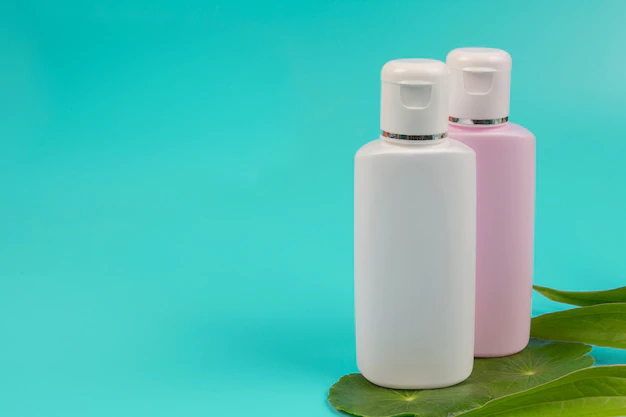

You can try an anti lotion to soothe your skin and prevent you from scratching.
2 . Take an oatmeal bath


A nice cool oatmeal bath can help reduce the itching and soothe inflamed skin.
3 . Wearing loose-fitting clothes


Itching and tightness combined does not end well. Wearing tight clothing while your body itches can make everything feel magnified. It may not be possible to stay naked so make sure you’re still getting air on your skin even with clothes on.
You May Also Read
- Skin rash: Types of skin rash, Causes, Symptoms, Treatment.
- Skin rash: Types of skin rash, Causes, Symptoms, Treatment.
- Skin rash: Types of skin rash, Causes, Symptoms, Treatment.
- Skin rash: Types of skin rash, Causes, Symptoms, Treatment.
- Skin rash: Types of skin rash, Causes, Symptoms, Treatment.
4 . Avoid scrubbing your skin
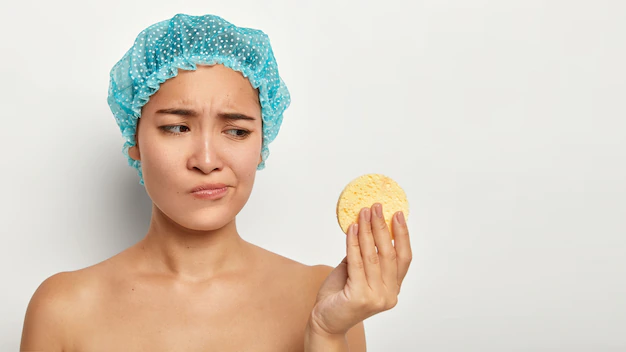

In this period, your skin is going to be very sensitive, so avoid scrubbing your skin. Face or body scrubs, sponges should be avoided during this time.
5 . Apple wet compress
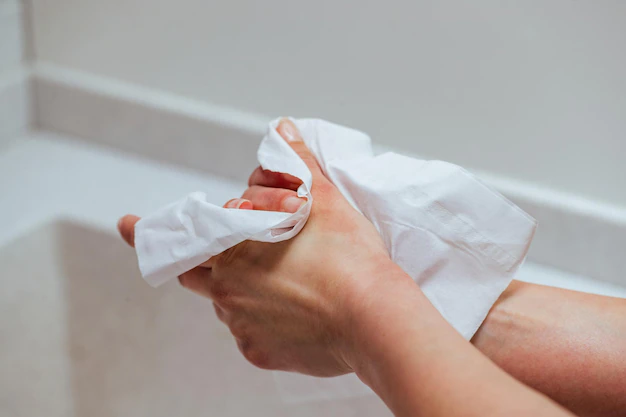

You can soak a towel or in cool water to help soothe the inflamed skin and reduce tenderness.
6 . Take an antihistamine
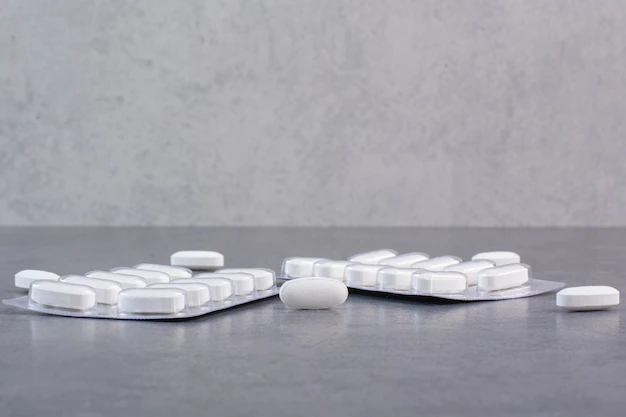

Antihistamine, such as Benadryl, can stop allergic reactions.
7 . Wash affected area
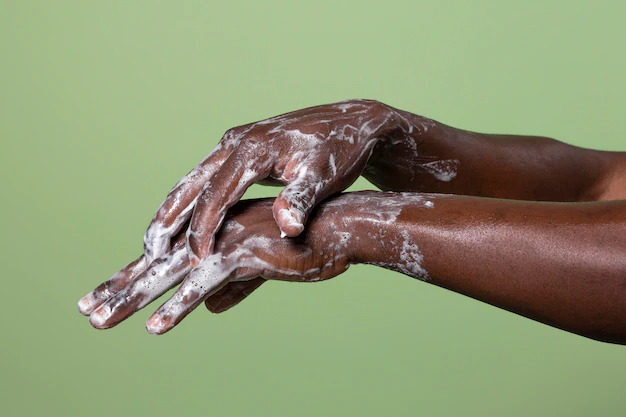

Washing the affected area in cool water using fragrance free soap.
8 . Rinse your skin
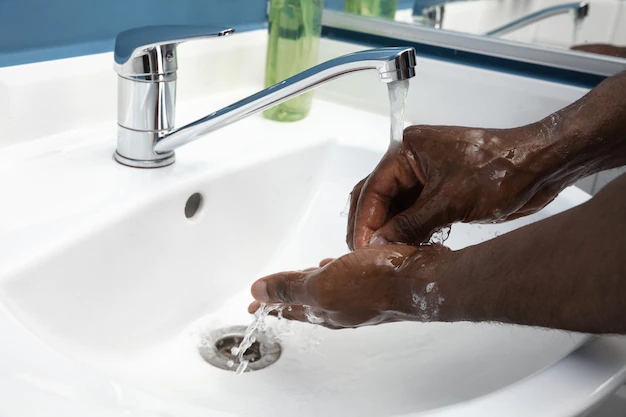

You can give your skin another rinse to throughly to remove detergent remnant but don’t do it harshly. Harsh movements on your skin can make things feel worse.
HOW YOU CAN PREVENT RASH
There are a few ways you can prevent a detergent rash from occurring. Some of them are:
1 . Use a fragrance and dye free detergent
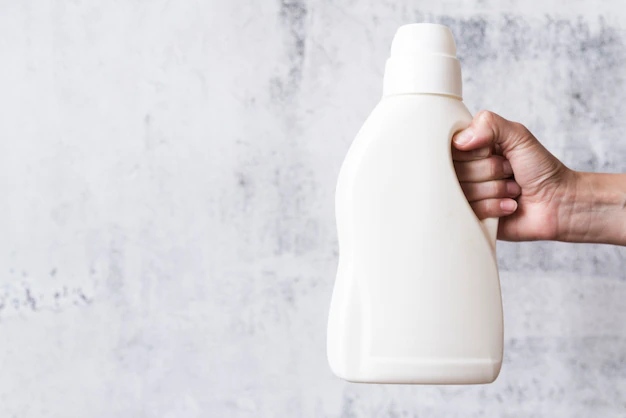

There are lots of people that are sensitive to the chemicals in artificial fragrances and dyes. A better move would be to try natural alternatives such as seventeen generation free and clear detergent , that is vegetable based, dye and fragrance free.
2 . Use baking soda and vinegar
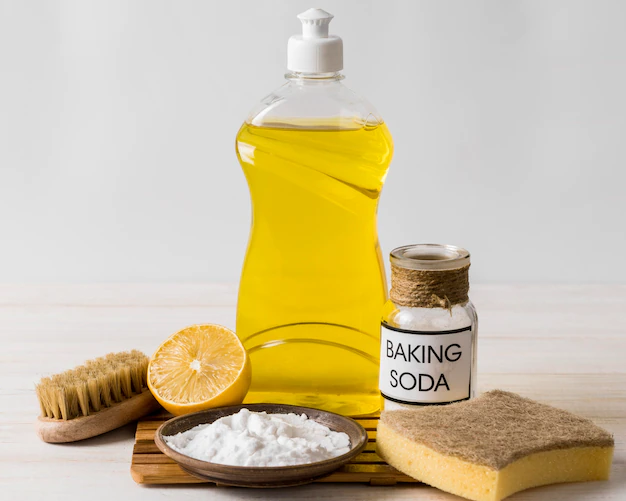

Did you know that baking soda and vinegar can make a great natural cleaning solution? (Medspurs always got the deets!). You can make them and use them instead of detergents. You can also use them during a second wash cycle. They are non irritating products and they can brighten and soften clothes naturally.
3 . Clean your washing machine
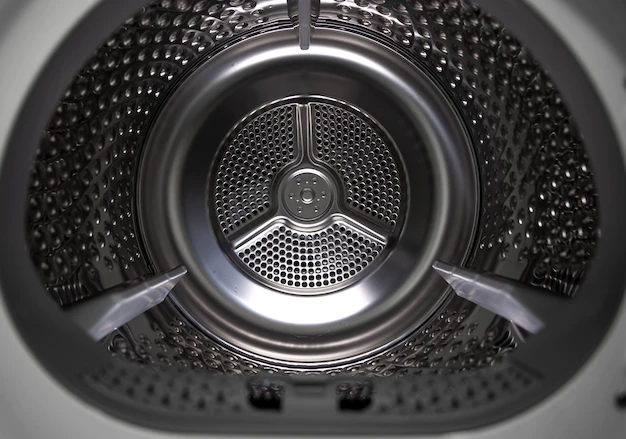

If you happen to have someone in your home with chemical sensitivities, always make sure your wash the machine after using standard detergents. A hot water cycle with baking soda and vinegar can help wash away soap remnant and chemical buildup buildup from the machine.
4 . Don’t use too much detergents
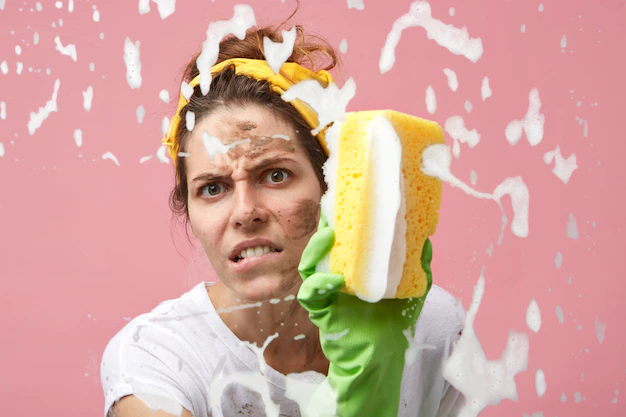

Always use the recommended amount of detergent for the size of your load and rinse evenly, most especially if you’re washing it by hand. You should also consider using the extra rinse option on your machine to further reduce the chances you being exposed.
5 . Use liquid detergent
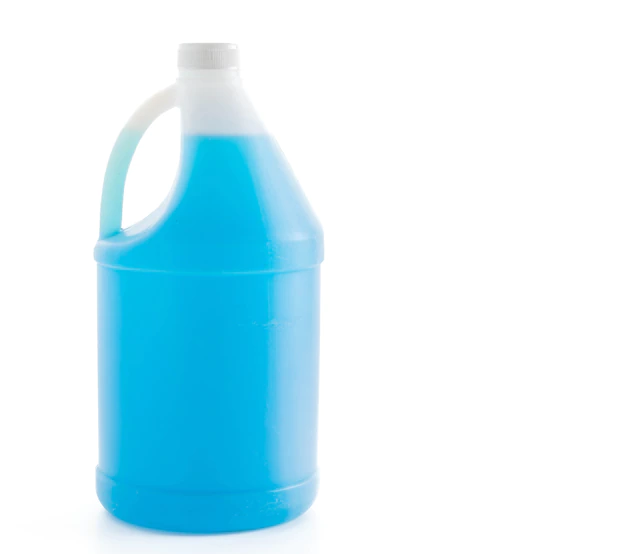

Choosing to use liquid detergents over powdered ones can help prevent detergent build up in your clothes. Liquid detergent tend to leave less residue after washing.
6 . Take notice of products you’re using


Once you’ve been able to diagnose your allergy, the best thing is to do is to avoid anything that contains the allergen. This might require you to change your laundry detergent or hygiene products. You should also question the detergent someone else uses when they do your laundry.
Take Away
When any reaction comes up in your body, your doctor will most likely refer you to an allergist to be able to tell whether you have an allergy to laundry detergent.

